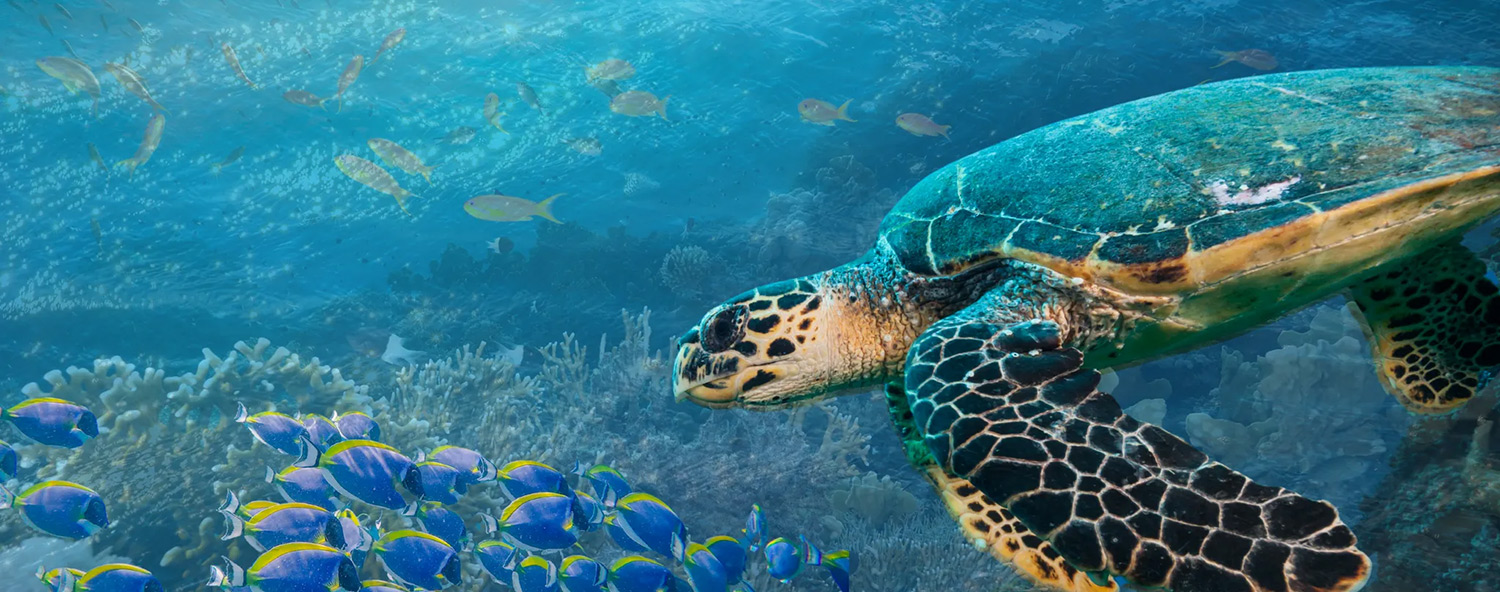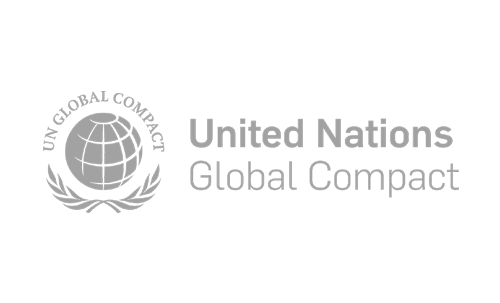
Voices of the Ocean
Stories of Hope and Conservation
The ocean, vast and mysterious, is a source of life, wonder, and inspiration. It covers over 70% of our planet, regulates the Earth's climate, and provides food and livelihoods for billions of people. However, the fragile ecosystems of the ocean are under increasing threat from pollution, overfishing, and climate change. Amidst these challenges, individuals and organizations around the world are stepping up to protect and restore our oceans. Their stories offer hope and inspire action for a more sustainable future.
Protecting Our Blue Planet
Efforts to safeguard our oceans come from diverse groups of people, including marine biologists, conservationists, activists, and innovative entrepreneurs. These individuals dedicate their lives to combating the environmental challenges facing marine ecosystems and advocating for their preservation.
Marine biologists are at the forefront of ocean conservation, conducting research to understand the impact of human activities on marine life. They study coral reefs, monitor fish populations, and track changes in ocean temperatures. Their work provides valuable data that informs conservation policies and helps create marine protected areas to safeguard vulnerable species and habitats.
Activists and environmental organizations play a crucial role in raising awareness about the threats facing the ocean. They work tirelessly to educate the public, campaign for stronger environmental regulations, and hold corporations accountable for pollution and unsustainable practices. From grassroots movements to international initiatives, these advocates inspire collective action and drive policy change.
Fabien Cousteau is an oceanographer, aquanaut, conservationist and documentary filmmaker. Cousteau created his own Ocean Learning Center that is dedicated to protecting and preserving our planet’s waters, coastal areas, and marine habitats by facilitating education, research, collaboration, advocacy and empowerment. A few of his Ocean Learning Center focuses are on sea turtle conservation, mangrove restoration and beach clean ups. His conservation efforts protect the earth’s waters while connecting the world to our ocean. In an episode, The Future of Our Oceans on CORE, he discusses how the ocean feels peacefully at home to him, and even with his life’s work, there’s still endless adventures into the ocean’s depths he wishes to explore.
The Beauty of Our Ocean
The ocean is home to an incredible diversity of life, from vibrant coral reefs teeming with fish to the mysterious creatures of the deep sea. The oceans cover over 70% of our planet and hold almost 97% of the earth's water. Marine biodiversity is essential to the health of the planet, playing a vital role in maintaining ecological balance and supporting human communities.
Coral reefs, often called the "rainforests of the sea," provide habitat for nearly a quarter of all marine species. They also protect coastlines from erosion and support local economies through tourism and fishing. However, rising ocean temperatures and pollution threaten their survival, making conservation efforts more urgent than ever. Protecting these fragile ecosystems is crucial to preserving the unknown wonders of the ocean.
How You Can Support Ocean Conservation
Protecting the ocean is a collective responsibility, and everyone can contribute to conservation efforts through small, meaningful actions. Reducing plastic consumption is one of the most effective ways to protect the ocean. Choosing reusable alternatives to single-use plastics, such as water bottles, bags, and straws, can significantly reduce plastic pollution. Supporting businesses that prioritize sustainable packaging and participating in beach clean-ups further help prevent plastic waste from entering the ocean.
Advocate for Change and Lend a Helping Hand
There are numerous foundations dedicated to ocean conservation, and Cousteau’s Ocean Learning Center is one such initiative that relies on donations to support vital programs. Contributions fund projects like sea turtle egg protection, marine debris clean-up supplies, educational materials for children, and supporting single mothers in managing the Sea Turtle Program. As our planet faces unprecedented challenges, it is crucial that we direct our attention and resources toward preserving the health of our oceans.
You can donate to FCOLC here.
Advocating for policy change is also crucial. Staying informed about ocean conservation issues, supporting policies that protect marine environments, contacting local representatives to express support for ocean-friendly legislation, and joining organizations that campaign for stronger environmental protections can all make a significant impact.
Finally, respecting marine life is essential. Following responsible tourism practices when visiting coastal areas, avoiding touching or disturbing marine animals and their habitats, and disposing of waste properly to prevent pollution in coastal and marine environments help ensure that marine ecosystems remain healthy and thriving.
A Call to Action
The challenges facing our oceans are significant, but they are not insurmountable. Through collective effort, innovation, and dedication, we can restore and protect these vital ecosystems for future generations. By taking small actions in our daily lives, advocating for policy changes, and supporting conservation initiatives, we can all play a part in safeguarding the beauty and richness of our oceans.
As we listen to the voices of the ocean—scientists, activists, and innovators—we are reminded of the incredible resilience of marine life and the importance of our role in its preservation. Let us embrace the responsibility of being stewards of the sea and work together to ensure a thriving, healthy ocean for generations to come.
One World Earth
One World Earth is a compelling series on CORE, where Deepak Chopra interviews influential pioneers in environmental awareness. These experts share their insights and motivations for protecting our planet, Mother Earth. April serves as a reminder to deepen our understanding of environmental issues and take meaningful action to safeguard the Earth for future generations.




























Comments
Sign in to post a comment.